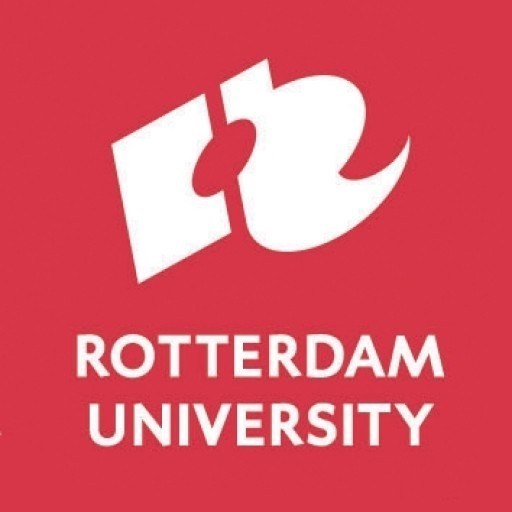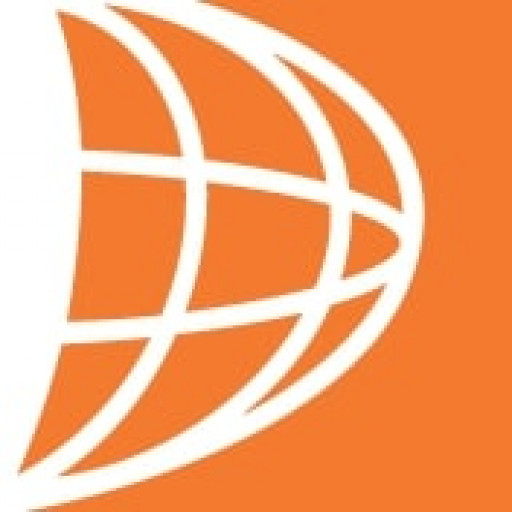Photos of university / #universiteitleiden
The Master's in Journalism and New Media at Leiden University is a comprehensive and innovative program designed to prepare students for the rapidly evolving landscape of media and journalism in the digital age. This program offers a unique blend of theoretical knowledge and practical skills, enabling students to critically analyze media content, understand the societal impact of media technologies, and develop innovative storytelling techniques across various platforms. The curriculum covers a wide range of topics, including investigative journalism, media ethics, digital communication strategies, data journalism, multimedia storytelling, social media management, and the role of new media in shaping public opinion. Students have the opportunity to engage with cutting-edge tools and technologies, such as data analysis software, video editing, and web development, to produce compelling content for diverse audiences. The program emphasizes a global perspective, encouraging students to explore media practices worldwide and consider the complex ethical issues surrounding journalism today. Through a combination of lectures, workshops, internships, and research projects, students gain hands-on experience and build a professional portfolio that prepares them for careers in newspaper, magazine, broadcast, online media, and communication consultancy. The faculty comprises experienced scholars and media professionals who provide mentorship and current insights into the industry. Graduates of this program are equipped to navigate and influence the media landscape responsibly and innovatively, positioning themselves for success in a competitive and ever-changing field.
The Master's in Journalism and New Media at Leiden University offers a comprehensive and dynamic curriculum designed to prepare students for the evolving landscape of media and journalism in the digital age. This interdisciplinary program integrates theories and practical skills from journalism, new media, communication, and technology to equip students with the ability to analyze, produce, and critically evaluate media content across various platforms. Throughout the program, students engage with core topics such as investigative journalism, media ethics, digital storytelling, data journalism, and multimedia production, ensuring they gain a well-rounded understanding of the contemporary challenges and opportunities in the media industry. The program emphasizes hands-on learning through workshops, project-based assignments, and internships, enabling students to develop their journalistic voice and technical skills in real-world settings. Additionally, students explore the societal impacts of media, with attention to issues like media bias, freedom of expression, and the role of journalism in democracy. The curriculum also covers emerging trends like social media engagement, video journalism, and the use of artificial intelligence in media production. Leiden University’s strong emphasis on research and critical thinking encourages students to question and analyze media content and practices, fostering a deeper understanding of the influence of media on culture and politics. The program is designed for those seeking to advance their careers in journalism, media production, digital communication, or related fields, and aims to develop future media professionals capable of innovating and adapting to a rapidly changing media environment. Graduates are well-prepared to work in traditional news outlets, digital media companies, NGOs, or entrepreneurial ventures in media creation and distribution, equipped with both theoretical knowledge and practical expertise. The Master's in Journalism and New Media at Leiden University is thus a rigorous and forward-thinking program that combines academic excellence with practical relevance, making it an ideal choice for aspiring journalists and media specialists committed to ethical and impactful journalism in the digital era.
Admission requirements
See website www.unileidenmasters.nl
Other requirements
- minimum kennis (ISPAC: overige vereisten) Zie www.unileidenmasters.nl voor meer informatie.
- minimum kennis (ISPAC: overige vereisten) See website www.unileidenmasters.nl
- vooropleiding (ISPAC: vereiste vooropleiding) Zie www.unileidenmasters.nl voor meer informatie.
- vooropleiding (ISPAC: vereiste vooropleiding) Bachelor's degree in a relevant subject (see website www.unileidenmasters.nl for details)
- taaltoets cijfer Proficiency in Dutch is required. We do accept 2 exams: Exam level 6 of the Leiden University Language Centre, or the Dutch NT2-II diploma.
Financing for the Journalism and New Media master's program at Leiden University is primarily based on the available scholarship options, student loan facilities, and personal funding sources. International students are encouraged to explore scholarship opportunities such as the Holland Scholarship, Erasmus+ grants, and Leiden University Excellence Scholarships, which may cover partial or full tuition fees. The Holland Scholarship is designated for non-EEA students and offers a financial boost to support their studies. Erasmus+ grants are available for students from participating countries, providing mobility and study grants that can be used toward living expenses and educational costs. Leiden University also offers specialized scholarships for international students, which are highly competitive and require a strong academic record, motivation letter, and other supporting documents.
Besides scholarships, students can consider applying for student loans available through their home country or via international banking institutions. Many students rely on personal savings or family support to finance their education. Some students may also choose to work part-time during their studies, though the program's workload might limit the feasibility of extensive work commitments. The university's career services provide guidance on part-time employment opportunities both on and off campus in Leiden.
Living expenses in Leiden are an important factor in overall financing, including accommodation, food, insurance, transportation, and study materials. On-campus and off-campus accommodation options vary in cost, and students are advised to budget accordingly. The university provides various support services to help students manage their finances, including financial advice and information about local resources. International students are also eligible for health insurance and must ensure they have adequate coverage during their studies.
It is recommended that prospective students thoroughly research and plan their financing options early in the application process. While the university and external organizations offer various financial aid opportunities, securing sufficient funding is crucial for successfully completing the program. The combination of scholarships, personal savings, part-time work, and family support constitutes the typical funding structure for students enrolled in the Journalism and New Media program at Leiden University.
The Bachelor's degree in Journalism and New Media at Leiden University offers a comprehensive introduction to the evolving landscape of journalism, focusing on traditional media practices alongside digital and new media. The programme aims to equip students with essential skills in investigative journalism, media ethics, storytelling techniques, multimedia production, and digital communication strategies. Students learn to analyze and produce news content across various platforms, including online, broadcast, and print media, while gaining a strong understanding of media law, ethics, and responsible journalism. The curriculum integrates theoretical knowledge with practical skills through workshops, internships, and project-based assignments, preparing graduates for diverse careers in journalism, media production, digital communication, and media consultancy. The programme emphasizes critical thinking, media literacy, and the ethical responsibilities of journalists working in a rapidly changing digital environment. Leiden University's strong international focus provides students with perspectives from global media contexts, fostering an understanding of cultural diversity and international media policies. The programme typically takes three years to complete and may be followed by opportunities for specialization or postgraduate studies in related fields. Graduates of this programme are well-positioned to adapt to the dynamic media industry, with skills suitable for roles such as investigative journalists, media analysts, digital content creators, media consultants, and communication specialists in various sectors. Access to a network of professional media organizations, alumni, and faculty experts enhances learning and career prospects. The programme's combination of academic rigor and practical training ensures that students are well-prepared to meet the challenges of contemporary journalism in a digital age.









